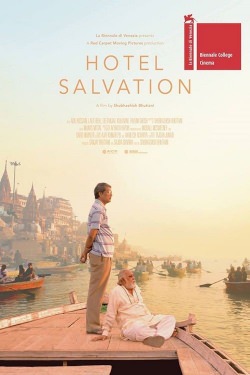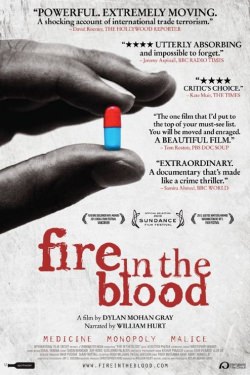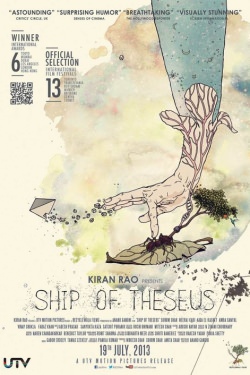Top Rated Films
Sarit Ray's Film Reviews
-
…the problem is fundamental: the writing is shoddy and unoriginal. And by the time it wades into certain true events, it is left with too little time and meaning. Raees perhaps works only as an SRK showcase. But we’ve seen many of those already.
-
Kapoor plays a character that’s rather familiar: a mash-up of roles, from the youth coming of age in Wake up Sid to the deviants in Rockstar and Tamasha. Sharma carries on in the same vein as her character from Dil Dhadakne Do.
And by the time Johar throws in his final twist, he’s turned his no-mance into a soppy story and is just squeezing for the last drop of melodrama. -
…it has flavour, a seed of a good idea even, something mega-budget films often lack. But like our Dilli Laundas Eleven, it lacks planning and execution.
-
Experiments are good. Hindi cinema certainly has room for more. But you run the risk of things blowing up in your face. That’s what this one does.
-
Burnt , in the end, isn’t burnt at all; it’s far from cooked. It tells no endearing story. And whatever it does tell doesn’t awe. A food critic says of Smith’s first cook in London: It fails to shock. She might as well have been writing about the film.
-
As social experiments go, this one tests patience rather than intelligence. It takes every ounce of the former not to take the cue from Ashok’s audience at the outset and leave.
-
Good films require innovation; bad ones are usually recipe-based. And the really terrible ones? Those are recipes gone horribly wrong. What the makers of The Xposé will have you believe is cinema is actually punch lines, and lots (and by lots, we mean nearly a dozen) of songs roughly chopped up and mashed together.
Add a poker-faced, nasal-toned lead actor, and you have what can only be a Himesh Reshammiya creation.
-
Good animation needn’t necessarily be about the computer-graphics imagery. Films such as Persepolis and Waltz with Bashir were deeply moving without being cutting-edge. Mahabharat, sadly, lacks more than technical prowess; it lacks imagination. It is an over-simplified, children’s-book version of the epic tale.
-
For a film about sprinting and clocking shortest timings possible, Bhaag Milkha Bhaag moves at a snail’s pace and goes on for over 3 hours. And while the protagonist purportedly possesses tremendous focus, the film seems to lack that very quality.
-
The borrowed plot (from ‘Before Sunrise’) is cooked with a generous dosage of Bollywood spices. So you must suffer clichés like a Paris full of French people who speak Hindi and a heroine whose jackets are heavy but hemlines ridiculously short.

























